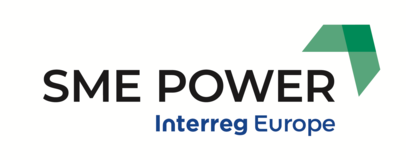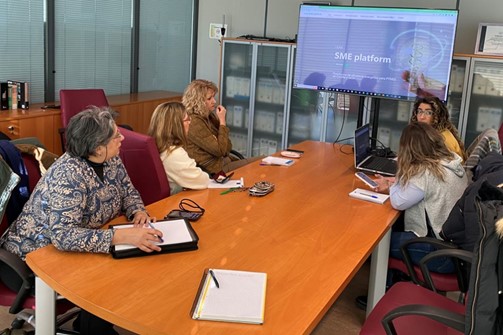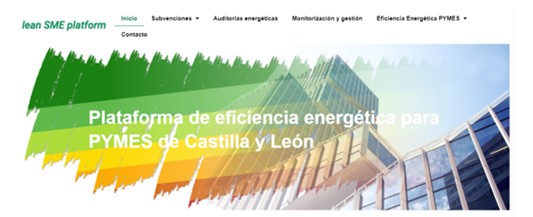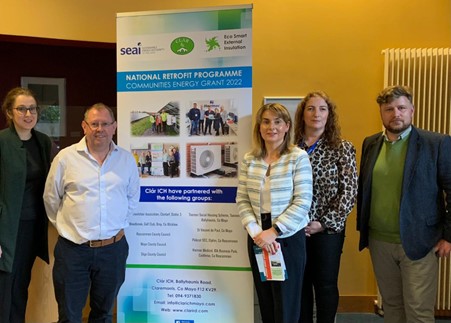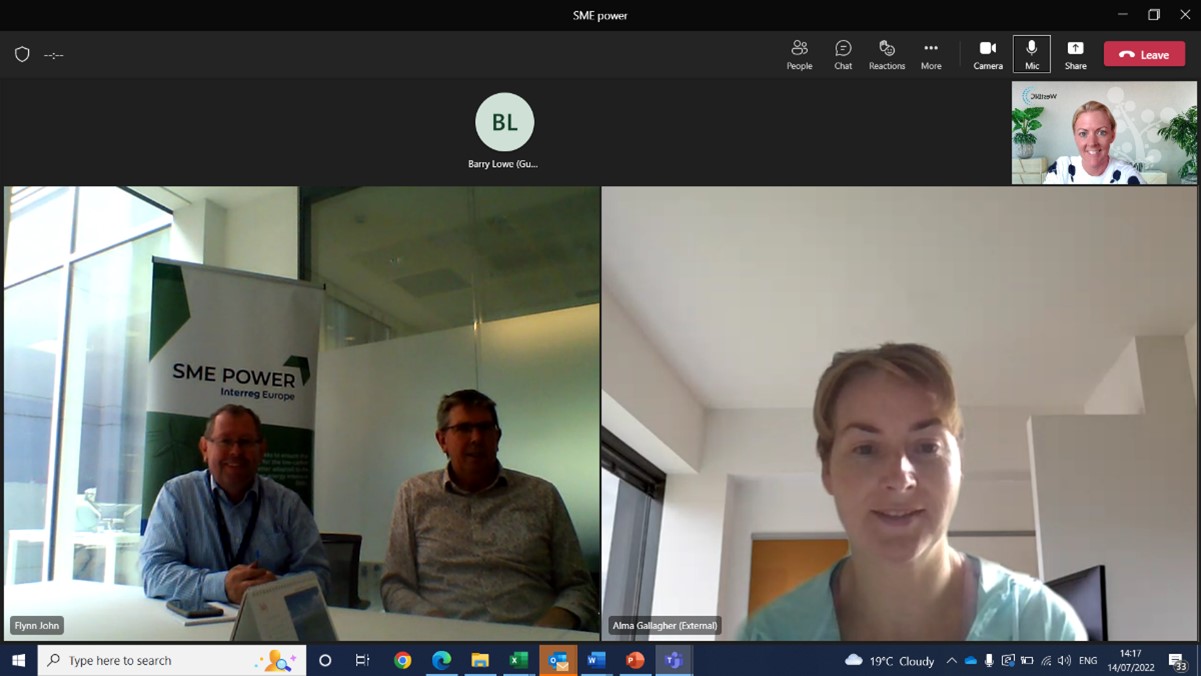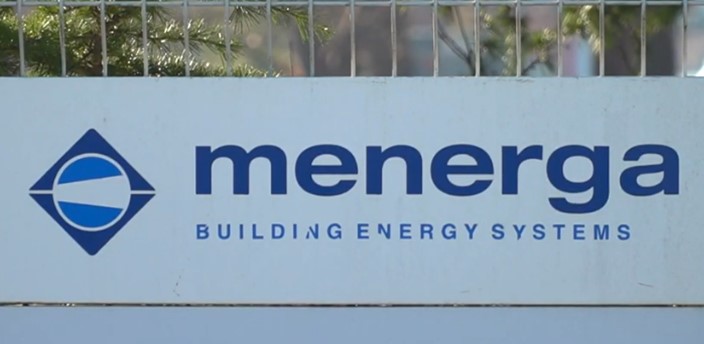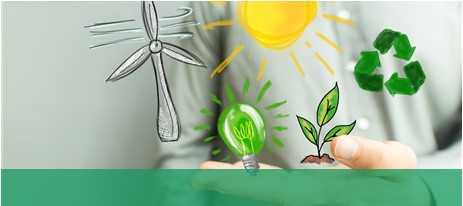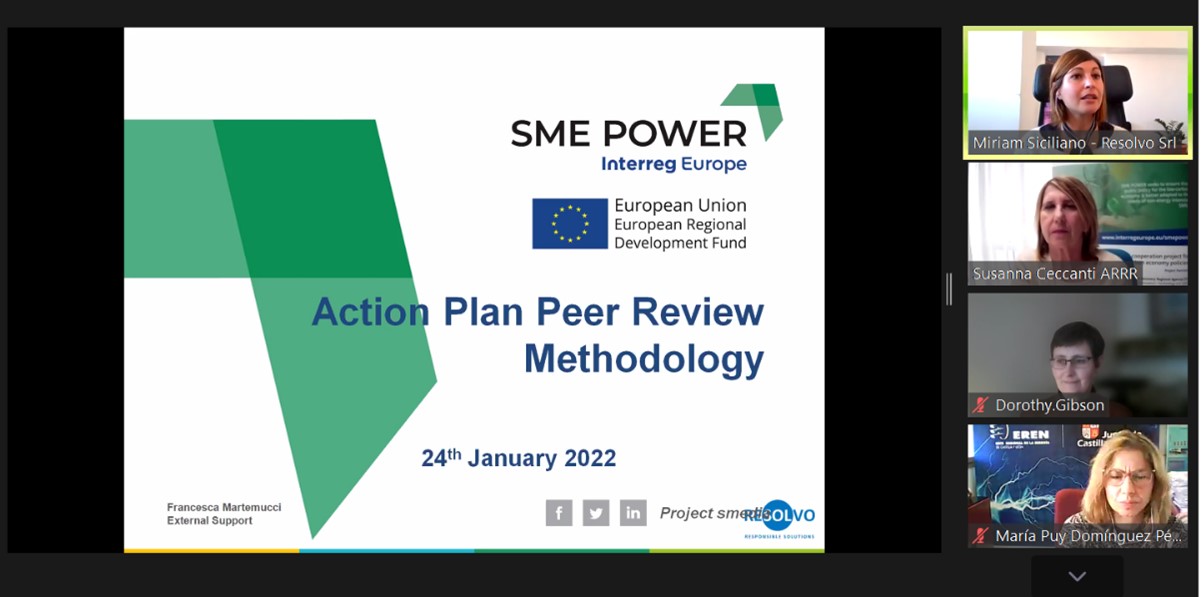The 2nd Interregional Event of SME POWER project partners took place in Heinola on the 19th and 20th of February 2020. The two-day event focused on presentation of the draft Energy Support Maps and comparison of country-specific results, and the launch of the discussion among partners on the Good Practice (GP) concept and identification.
Organised by project partner City of Heinola, the event brought together international project partners stakeholders of the local ecosystem. It also included two participative workshops, where partners and stakeholders discussed the first regional analysis results and co-designed imaginary Good Practices.
The venue of the first day was Hotel Kumpeli, located at a lake-shore near the centre of Heinola, and the second day was organised in LAB University of Applied sciences in Lahti.
In Heinola, current economic development efforts are focused especially on bio- and circular economy, and tourism. Of particular interest, Lahti, the capital of Päijät-Häme Region, has been awarded the status of European Green Capital for 2021. The themes chosen to shape the Green Capital agenda are carbon neutral life, participation, circular economy, and nature and water. From these four topics, Heinola has chosen especially the triple of participation, circular economy and nature and water for particular attention in the city. SME Power brings additional value to these efforts.
On the first day, the workshop participants presented and compared the draft Energy Support Maps of each partner country from the following viewpoints :
- the most relevant policy instruments available in the territory,
- the main strengths and weaknesses of policy instruments identified, and
- the desired policy change, as resulted from the force field analysis carried out with partners’ regional energy stakeholders at local level.
In addition, two synergic Interreg Europe projects were presented, namely LOCARBO and RESINDUSTRY.

After the workshop, the participants got acquainted with two SMEs, one a forerunner company specialised in manufacturing of energy-efficient wooden construction, and the second one specialised in production of heat technology and pressure vessels, along with design and consulting services in the related fields.
Both companies have adopted certain energy saving measures (e.g. led illumination, geothermal heating system). However, none of the two SMEs applied for specific energy support linked measures. The study visit demonstrated to SME POWER a direct example of the Päijät-Häme Region’s SMEs approach to energy efficiency: many companies are not entirely aware of all the support instruments available for energy improvement.
|
|
The second workshop day focused on introducing the concept of Good Practice to SME POWER partners. With a design thinking approach, theoretical concept was scrutinised and put to practice, helping the partners to understand better the overall factors leading to identification and definition of good practices.
The joint session with discussions and working on imaginary good practices in groups, provided a lot of food for thought. Partners share several common weaknesses and potential challenges, and they all have to reconsider the strengths identified so far and relate them to the Good Practice concept.
Chris Ashe, Communication Manager of SME Power, invited partners to also carry out a PESTEL analysis, while prioritising their policy needs. They should evaluate political, economic, socio-cultural and technological factors that have impact in their local context. The analysis could be a strategic tool for understanding what weaknesses can be addressed within the project.



